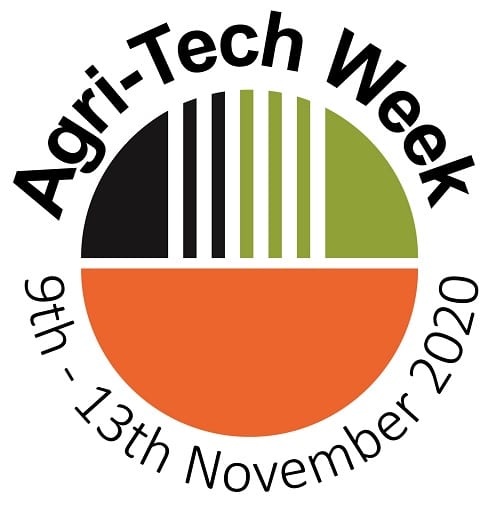The Crop and Non-Chemical Pest Control event was chaired by Liliya Serazetdinova, Head of Business Development and Impact at the Earlham Institute (EI).
The first speaker, EI’s Dr Nasmille Larke-Mejia, said that despite the importance of soil health in delivering food and environmental ecosystems services, a third of the planet’s soils are degraded. Recently governments have sought to rectify this by protecting and conserving soils, but there is a lack of information on what healthy soil looks like, and how agricultural practices impact microbial communities. Her research focuses on these aspects in biodiverse regions such as Colombia, using next generation sequencing (NGS) technologies to help describe soil communities. Presently, common genes, or barcodes, found within all bacteria or fungi are used to identify individuals; however this approach does not allow for functionality to be examined (see our recent blog for more on this subject).
Next, Dr Jacob Malone from the John Innes Centre (JIC), discussed the use of soil bacteria Pseudomonas spp. as novel biocontrol agents against potato scab disease. Presently this is managed through irrigation, but it can be expensive and inefficient. His research, also based on NGS barcoding, showed that although irrigated vs. non-irrigated potato crops resulted in only a subtle change in root microbial communities, the physical appearance and complexity of the bacteria did change. Using whole genome sequencing and other analytical techniques he identified specific metabolites linked to these individuals, and showed that they could suppress disease when examined in a Petri dish. A project collaborating with industrial partners is hoping to take this forward to help growers control potato scab while conserving water.
After a short video showcasing the entomology and insectary facilities at JIC, Dr Rachel Wells introduced her cabbage stem flea beetle research. She showed how variable in-field pest populations hamper screening for plant resistance, but that the team at JIC has developed a laboratory assay to combat this. Using a six-way choice test to examine adult feeding damage, a range of Brassica species and breeding lines were identified as potentially resistant. This work, being further developed using NGS to examine for resistance genes, demonstrates the potential for crop breeding to help combat CSFB in the field.
The final two presentations were given by Dr Lewis Spurgin, an evolutionary biologist from the University of East Anglia, and James Canham a PhD student from JIC. Lewis examined the ability for insect populations to adapt to new situations, using flour beetles as model organisms to examine how heat stress altered sexual organ development and led to reduced fecundity. He also discussed a join PhD project with the British Beet Research Organisation to examine UK populations of beet leaf miner, and potentially the existence of two host specific lineages.
Canham then explored the ability of new technology such as Green Fluorescent Proteins (GFP) to examine pest feeding behaviours. He also examined how NGS has decreased the time and cost of sequencing aphid genomes, to the point where an individual aphid can be taken from the field and readily sequenced. Together these two advancements help us to better understand the feeding mechanisms of, and plant defences against, pests such as aphids.
For more information about AgriTech Week, go to Agri-TechE.
If you have any questions about working with CHAP, please send us an email using the enquiries form at the bottom of our homepage.












